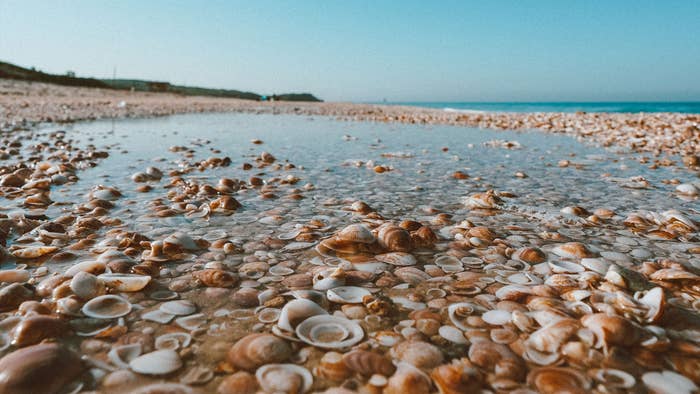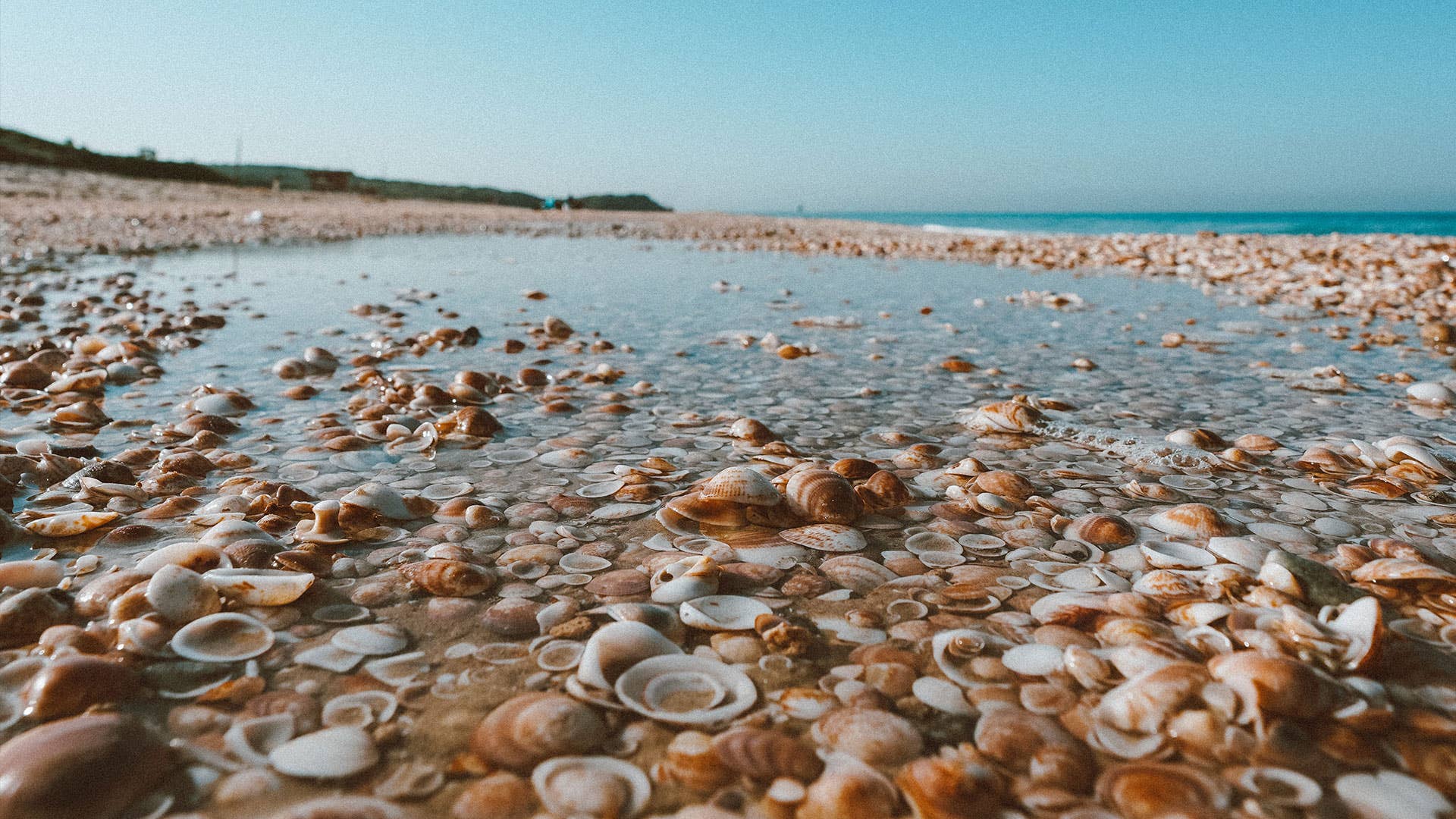
Shorelines temperatures above 50 C and low tides reportedly led to mass amounts of mussels, clams, sea stars to boil to death in their shells during B.C.’s recent heat wave.
Dr. Chris Harley, a marine biologist at the University of British Columbia, estimates that a total of one billion animals died in the Salish Sea off the coast of Vancouver due to extreme heat, but says his team is still gathering data and the numbers seem to be going up.
“It’s (like) leaving a car in a hot parking lot,” Harley told the Toronto Star, detailing his visit to Kitsilano Beach. “It gets a lot hotter than the air does. So that’s what happens to the shoreline when it’s out in the sun and low tide.”
Harley added that people near local beaches could smell the deceased seashore creatures before they could see them.
“When you have a big die-off like this, the scavengers can’t eat them quickly enough to process all of that extra meat and so it just sits rotting in the sun,” Harley told Global News in another interview.
“So if you have been to a local beach in the past week or two and noticed that awful low-tide smell multiplied by 100, that’s the smell of all the animals that have just died.”
The discovery circles back to the seismic effects of the heat wave and its impact on humans, which has led to 777 sudden deaths in the province between June 25 to July 1, according to B.C.’s Coroners Service report.
“It’s a reminder that yes, there are very important human tolls to climate change, but the whole system around us is changing too, and we don’t know what all of the consequences of those changes are going to be,” Harley told the Star.
Intertidal wildlife (the animals who live on the shore) such as mussels can tolerate temperatures around 30 degrees, but for short periods of time. However, the unbearable heat, combined with the low tides in the afternoon, were a dangerous combination.
“Marine mussels, the ones that are dying here, just like freshwater mussels, they’re filter feeders so they do clear out particles in the water and make the water a little clearer,” Harley explained, noting that mussels are in the middle of the food web.
The death of a large number of mussels will likely impact other animals that rely on them for food like starfish and sea ducks that migrate back and forth from Alaska.
“They grab plankton that’s floating around in the water and use it to grow and then they feed other things on the shore so they sort of connect the open water habitat to the shoreline,” said Harley.
The deaths, he said, are a reminder that the environment is suffering severe consequences from extreme weather events.

